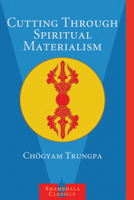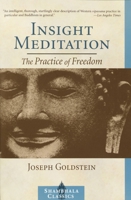The Snow Lion's Turquoise Mane: Wisdom Tales from Tibet
Select Format
Select Condition 
Book Overview
Related Subjects
Anthologies Classics Contemporary Fiction Literary Literature & Fiction Short StoriesYou Might Also Enjoy
Customer Reviews
Rated 5 starsVERY special Buddhist book
You know, this is such a great book. I have read a couple of Surya Das' other books, and I am so glad that I found him. He is the Buddhist writer I have been looking for for 20 years. I used to be "suspicious" of westerners writing Buddhist books, but I have found my favorite author, whop is becoming like a personal master for me on this stuff. What is so great about this book (Snow Lion) is that it is pure Buddhist source...
0Report
Rated 4 starsthe Snow Lion's Mane
This is not a book to read through rapidly because there is such depth in the tales that one wishes to digest and meditate upon their meaning.
0Report
Rated 5 starsA favorite bedside book
This is a compilation of Tibetan and Buddhist tales, similar in a way to Zen Flesh Zen Bones (which I also love). The difference is the language is much simpler, smoother, and accessible. Who would have thought Buddhism could be so funny at times? It's a great way to get into the spirit of things, without laboring over it. I just love this book.
0Report
Rated 4 starsTibetian mini tales
This book is a compilation of spiritual short stories from Tibet. The typical story is only a page or two, so not much depth is possible in any given story. A full range of subjects within Buddism are presented, including spiritual, inspirational, enlightening, insightful, fictional, non-fictional, humorous, and sad. I enjoyed the vast majority of the stories to some degree. In addition to the spiritual value of the book,...
0Report
Rated 5 starsA wonderful, fun-filled, light hearted look at enlightenment
The tales of wild crazy masters,and ordinary people on their journey of self-discovery will inspire and amaze you. Hearing about others whose journey's have been successful (in their own ways) renews one's own spiritual quest and helps you to realize that you are not alone, that life is a wonderful mystery, and although it can seem unfair, it can't hinder you if you never take anthing to heart, since it's all transient...
0Report











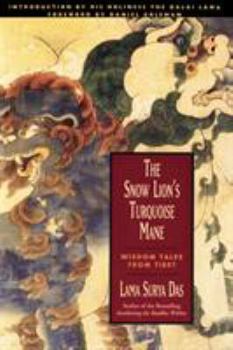







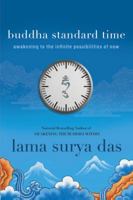

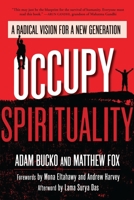



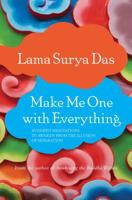
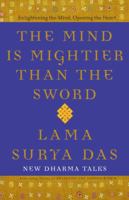



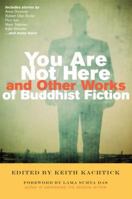







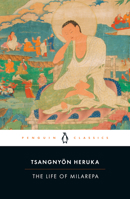






![बोधिसत्त्वचर्यावतार [Bodhisattvacaryāvatāra]](https://i.thriftbooks.com/api/imagehandler/s/82F8C117F12C7B42B519460EE0DB54C20F98045D.jpeg)

